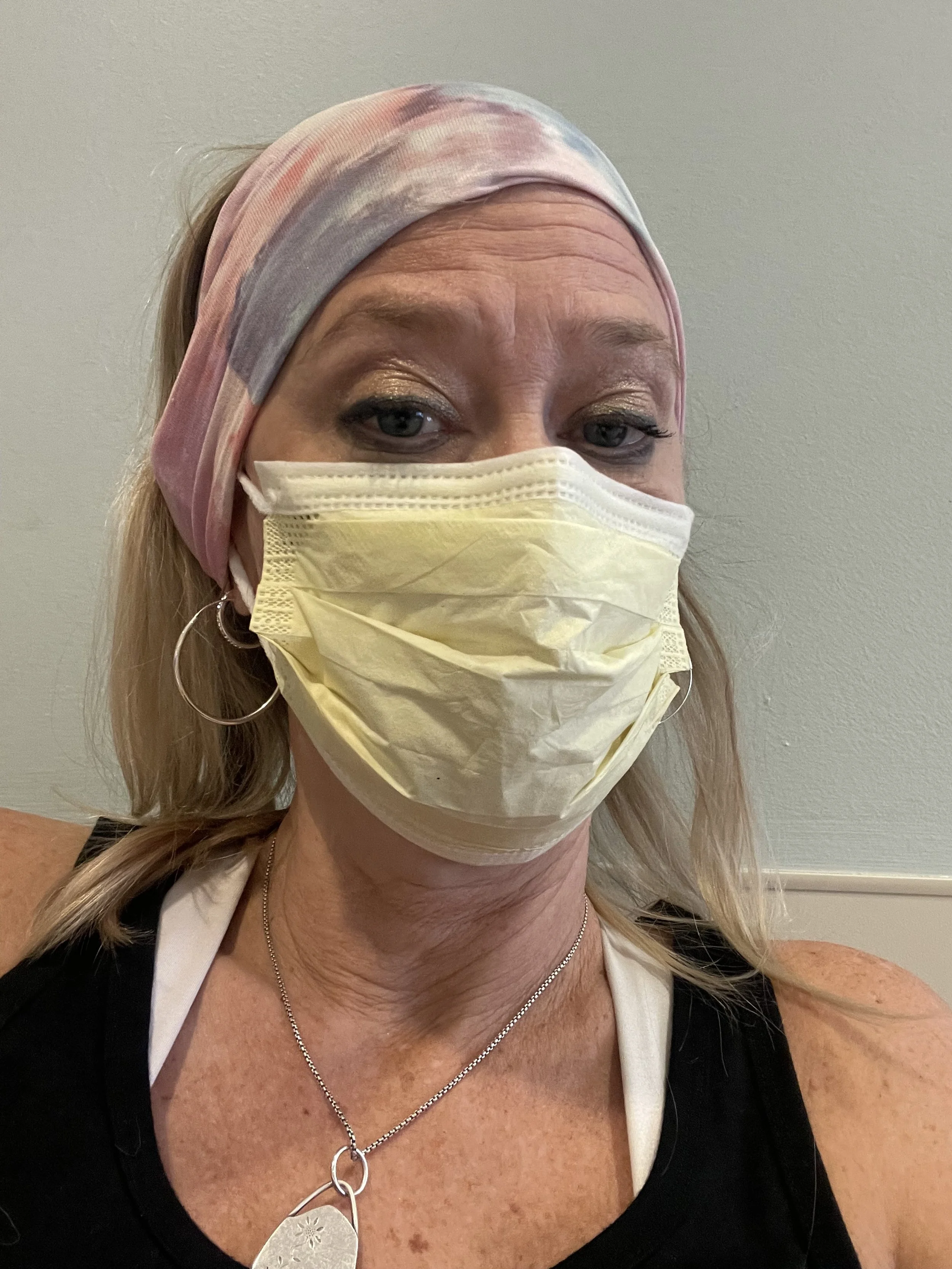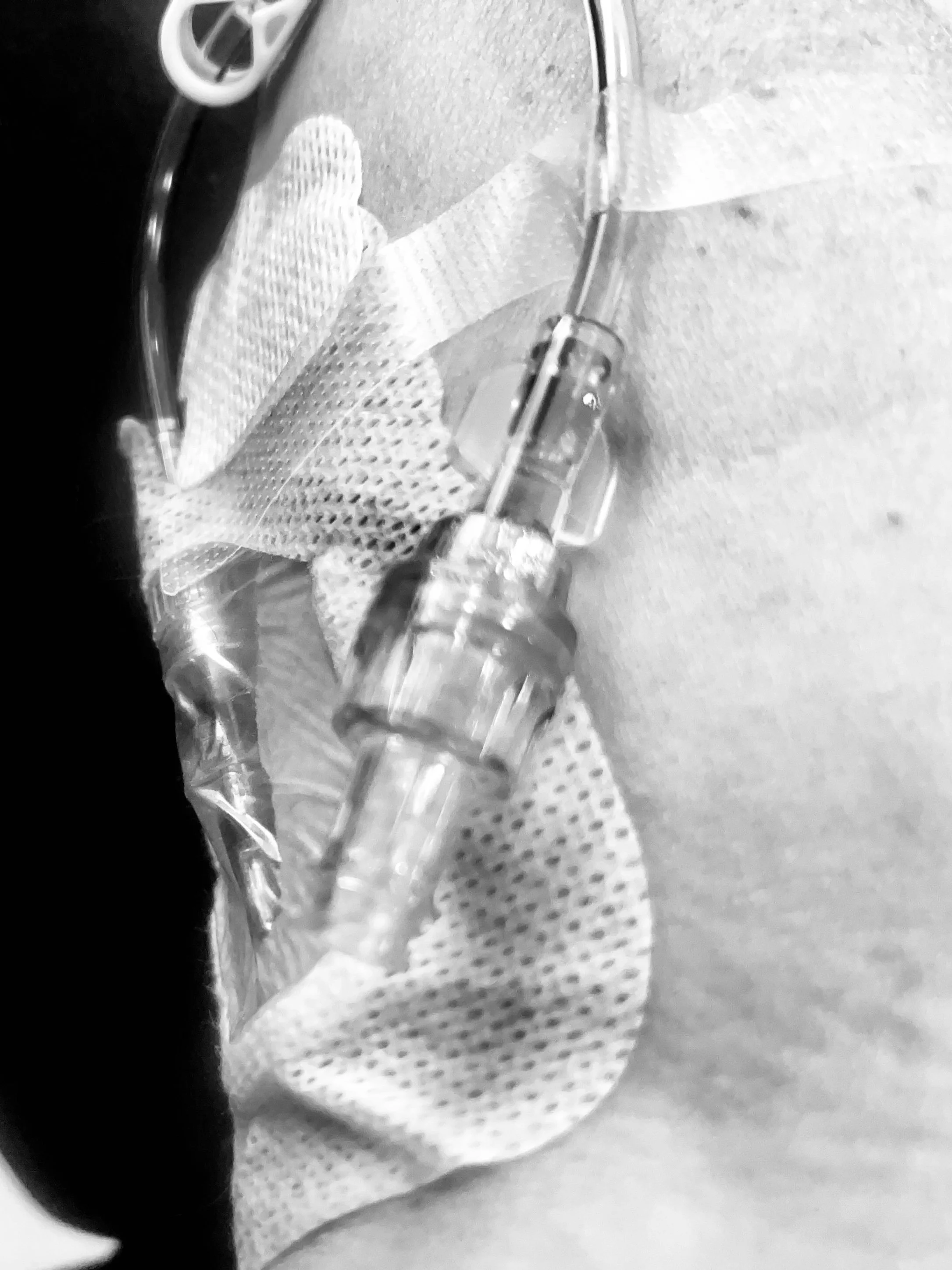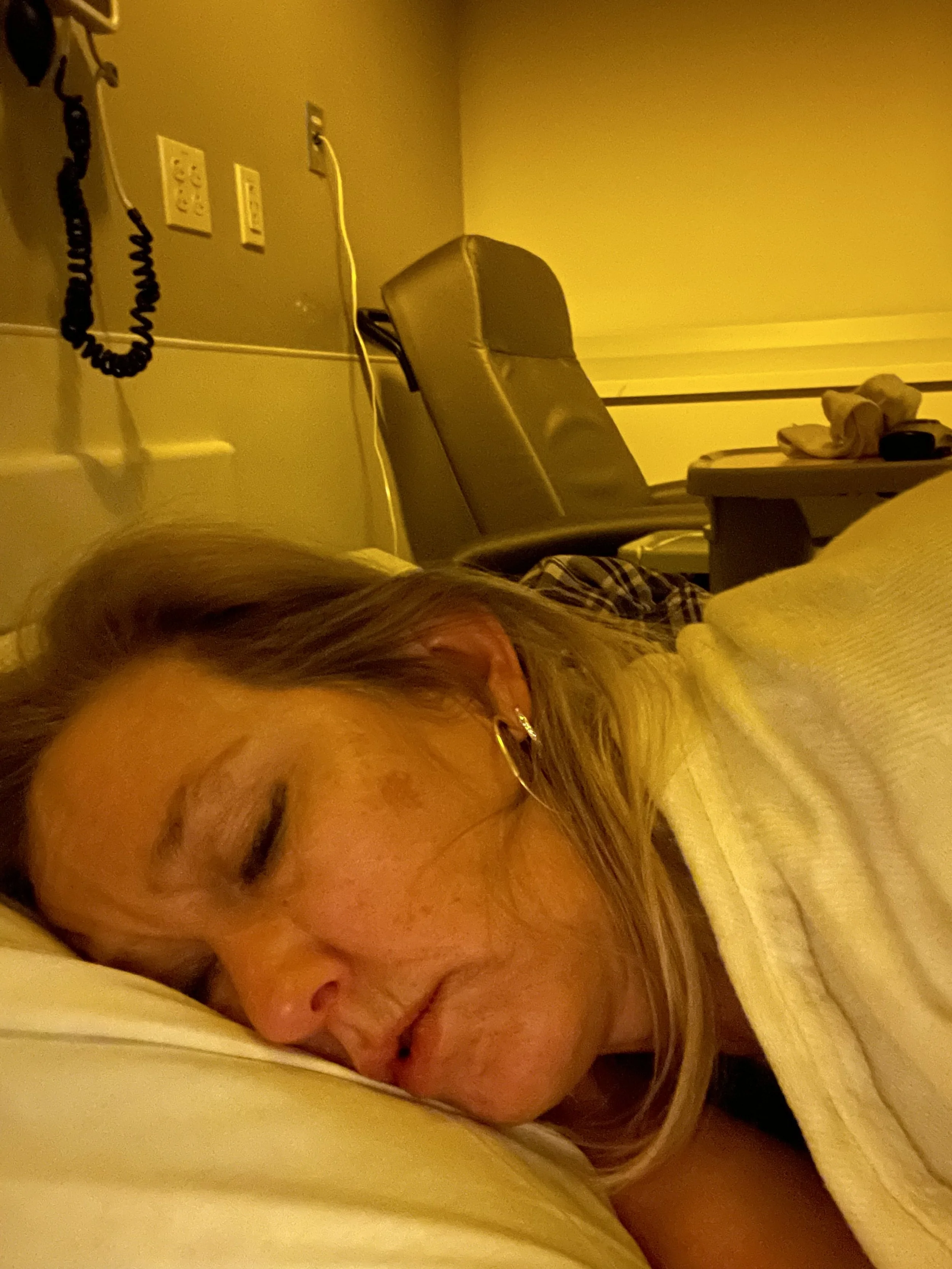Broken Heart Disease
The room is white, white, white. A blank and sterile nothingness, stretching wide like the gap between my ribs, like the hollowed-out space where a heart should be. My body is a paper doll, a cutout laid flat beneath their hands. They press, they prod, they murmur in clipped syllables. A language I don’t speak. A language I don’t want to understand.
My heart is dying, but not in the romantic way. Not in the way they write about in poems. It is shriveling, it is gasping, it is clenched so tight it cannot beat properly. They tell me the name for it—stress cardiomyopathy—so neat, so clinical. A heart giving up, not from clots or cholesterol, but from grief, from strain, from the sheer unbearable weight of being alive.
There is a beeping. My heartbeat, manufactured and mirrored back to me in cold electric rhythm. I listen. It doesn’t sound like mine. It sounds like something borrowed, something artificial. I wonder if I am alive at all.
They move me. The cardiac care unit is a mausoleum. I am surrounded by people who look like they have already stepped halfway into the grave, yet I am the one whose body is betraying her. A girl in a woman’s body, a woman in a broken machine. The nurses are gentle. They smooth my sheets, check my vitals, offer me water. Their hands are soft, but their fingers press against my wrist, counting, measuring. Always measuring.
I want to tell them—this is not just stress. This is years of swallowing screams, of biting down hard against the current. This is the weight of ghosts pressing against my sternum, their cold lips against my ear whispering, Enough, enough, enough.
And yet—my heart refuses. It sputters, it trembles, but it does not stop. Against all logic, against all reason, it beats. A fist pounding against a locked door. It does not know how to quit.
Neither do I.






